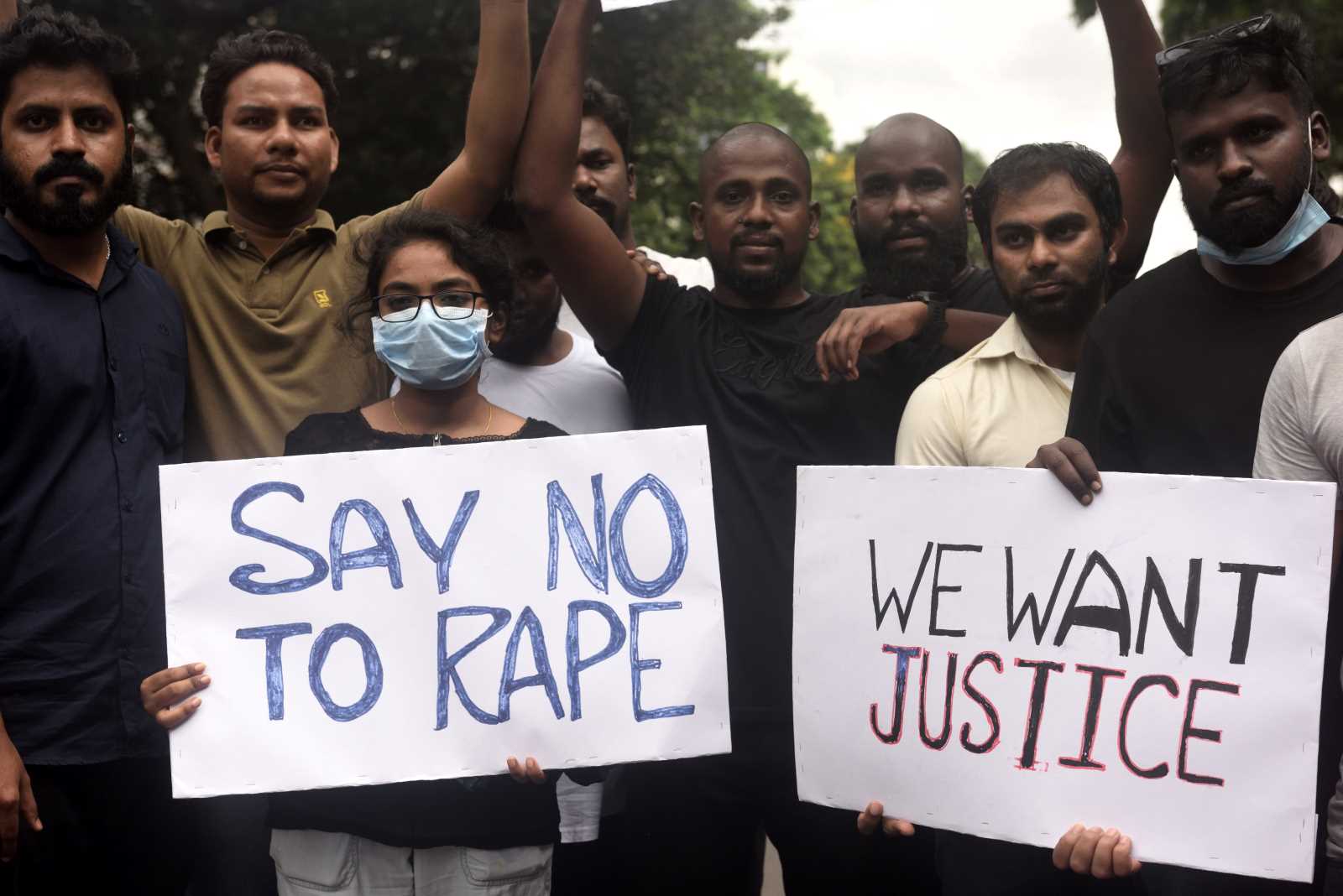Novel
The fate of a girl from Zimbabwe

Tsitsi Dangarembga is a brave woman. She is not intimidated by the increasingly repressive behaviour of the Zimbabwean regime. She even went to prison for her right to freedom of expression – after an action that was actually harmless.
In July 2020, along with journalist Julie Barnes, she held up a sign in Harare, Zimbabwe’s capital, that read: “We want better. Reform our institutions”. Shortly afterwards she was arrested and charged with public incitement to violence. She and Barnes were given six months’ probation and a fine in late September 2022. There was a large international outcry. The proceedings, which were characterised by numerous errors and delays, were described as a “show trial”. Nevertheless, both women were able to obtain an acquittal in the second instance before the High Court in early May 2023.
The fact that the author has a mind of her own and rejected playing the role of a subordinate woman is also reflected in her work. She is the first female author in Zimbabwe to have written a novel. Particularly notable is her trilogy featuring the adolescent Tambudzai, or Tambu for short, who has some autobiographical traits. The trilogy won Tsitsi Dangarembga the Peace Prize of the German Book Trade in 2021 and introduced her to a wider audience.
The first volume, which appeared under the title “Nervous Conditions” in 1988, describes the fate of the young Tambu in the Zimbabwe of the late 1960s. Tambu lives in poverty on a farm in what was then Rhodesia. Her father is a lazy good-for-nothing and her mother is an uneducated, hard-working woman. She wants at least one of her children to get a good education so that they can support the family financially later. Tambu’s uncle Babamukuru is her role model and benefactor. He was able to study in England and represents the first generation of the Christian African elite.
The entire family looks up to him. He takes in Tambu’s hated older brother, who is allowed to attend the missionary school where Babamukuru is director. Tambu gets her chance when her brother unexpectedly dies of an illness a few months later. Babamukuru recognises her potential. He wants her to assume her brother’s role and receive a good education. Despite many obstacles – skin colour, class, sex – Tambu is very ambitious and takes advantage of her opportunities.
Dangarembga allows readers to experience Tambu’s thoughts and feelings and vividly depicts the reality of African life. For example, she describes how Tambu has to carry a bowl of water at a big party her family is hosting in Babamukuru’s honour. This is an important task, because people wash their hands according to a particular hierarchy: men before women, and the old before the young.
The scene clearly portrays the hierarchies between men and women, and between children and adults. At the same time, it reveals Tambu’s aversion to tradition and the role she has been assigned. Tambu’s fate is shaped by two forms of oppression: the patriarchal structures of her family, and the colonial dominance of whites.
The jury of the Peace Prize of the German Book Trade described why the book also contains an important message for German readers: “In her acclaimed trilogy of novels, Tsitsi Dangarembga draws on the story of a young woman’s life from adolescence to middle age to depict the struggle for the right to live in dignity and the fight for female self-determination in Zimbabwe. In doing so, she reveals social and moral conflicts that go far beyond regional references, thereby creating the stage for the discussion of globally relevant questions of justice.”
Books: Tambudzai trilogy
Volume 1: Dangarembga, T., 2021: Nervous Conditions. London, Faber & Faber.
Volume 2: Dangarembga, T., 2021: The Book of Not. London, Faber & Faber.
Volume 3: Dangarembga, T., 2020: This Mournable Body. London, Faber & Faber.
Sabine Balk was an editor at D+C/E+Z for many years and now works as a freelance contributor.
euz.editor@dandc.eu











